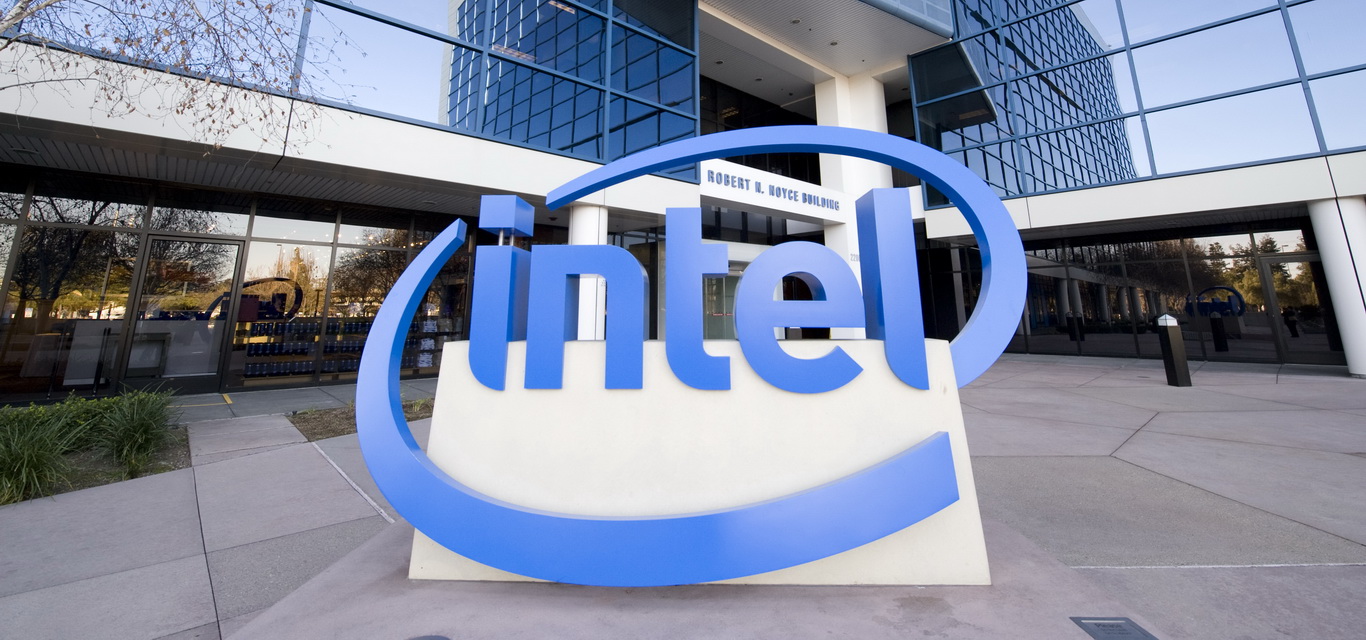After finally getting approval from the European Commission, Intel has completed its $16.7 billion acquisition of field-programmable gate array (FPGA) giant Altera, paving the way for the Santa Clara-based company to introduce new classes of products in the data center, Internet of Things, and intelligent systems market.
"Altera is now part of Intel, and together we will make the next generation of semiconductors not only better but able to do more," said Brian Krzanich, Intel CEO. "We will apply Moore's Law to grow today's FPGA business, and we'll invent new products that make amazing experiences of the future possible - experiences like autonomous driving and machine learning."
Altera will be restructured into a new Intel business unit called the Programmable Solutions Group (PSG) and be headed by Altera veteran Dan McNamara. PSG will work closely with Intel's Data Center Group and IoT Group to "deliver the next generation of highly customized, integrated products and solutions."
Intel first announced its plans to acquire San Jose-based Altera back in June. FPGAs are becoming increasingly popular, and Intel plans to sell them alongside its own Xeon processors from next year. The ultimate goal, however, is to combine the two.
In November, Intel's senior vice president, Diane Bryant, said the company would ship the first chip to combine the two technologies sometime in 2016. Intel officials also said they plan to continue the work Altera was doing on FPGAs for ARM-based systems-on-a-chip (SoCs), which are still in development.
Intel sees a bright future for FPGAs, especially when it comes to data centers. In August, Jason Waxman, vice president of Intel's cloud platform group, said he expected that FGPAs could represent a third of the processors running all data center operations in 2020.
Following the completion of the purchase, Altera CEO John Daane will stay on for 30 days to help with the transition. An Intel Spokesperson said Daane's departure from the company was his choice.
